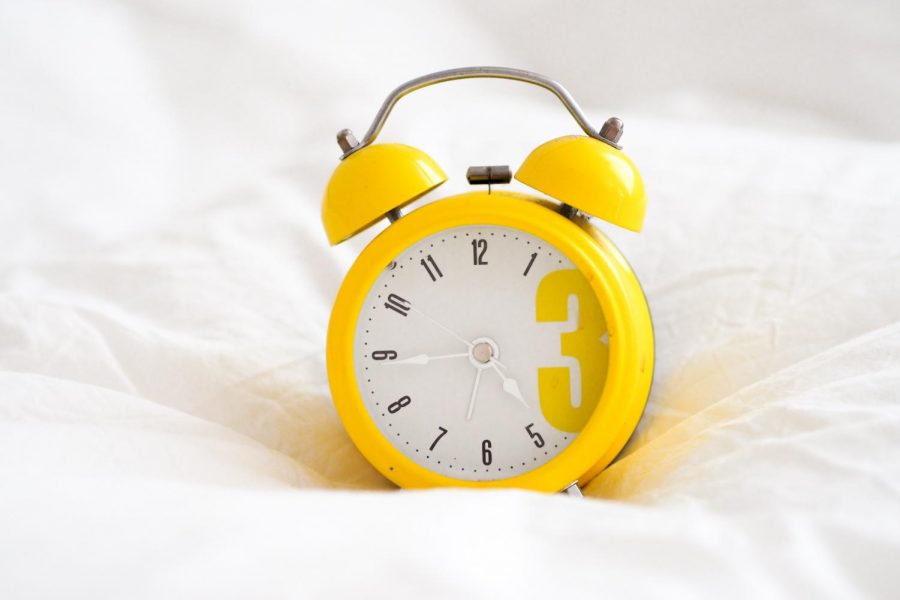In the midst of midterms and looming deadlines, many students are loading up on caffeine and mentally preparing to pull all-nighters throughout the rest of the semester. For many, sleep deprivation is the norm during midterms and finals season. Whether you consider yourself to be a procrastinator or identify as someone who has a record of being ahead of schedule, it seems that we always end up in the same vicious cycle every semester: Staying up until all hours of the night to keep up with never-ending discussion board posts and other obligations. Despite this unhealthy habit, many desire to change their ways and can attest that losing sleep only hurts their performance.
Sleep is just as essential to human life as water, food and oxygen. While the hours of sleep we get each night are important, the quality of that sleep holds more weight in terms of our overall health. Studies have shown that an irregular sleep routine can increase the risk of chronic health problems and can lead to difficulty in concentration and motor response.
Because the body follows a circadian rhythm, which is based on a 24-hour cycle, it is critical that we maintain a regular sleep schedule to permit certain hormones to perform their job of inducing the body into sleep mode. The amount and quality of sleep determines mood, behavior and many other cognitive functions that are useful in daily tasks, such as driving or taking a test. While we are sleeping, the body works strenuously to maintain the integrity of the brain and regulate hormones that affect our physical health.
Work culture in the United States is intense enough that people often neglect their health and sleep schedules, which cultivates an even more stressful environment. This built-up stress along with consistent sleep deprivation may then impair the body’s ability to repair the heart and other relevant physiological systems. In countries around the world such as the Philippines, Greece and Ecuador, naps are implemented within the workday in order to promote mental health, as well as prioritize family time, a treasured pillar in many cultures. Countries with warmer climates also integrate these “siestas” within the day as a chance to rest until temperature cools down.
To follow in the footsteps of these countries, companies in the United States should encourage designated nap breaks at work in order to give people the opportunity to reset and boost their productivity. Running on a few hours of sleep may result in a poor attention span the following day, feelings of disorientation, and a reduction in cognitive abilities. A helpful suggestion that can maximize the quality of our sleep is to try getting into the habit of putting down our phones an hour before bedtime, as studies have shown that the blue light many electronics emit can interrupt a good night’s sleep. In honor of Sleep Awareness Week, let’s take the time to examine some of these possible changes that can be implemented into our daily routines.








